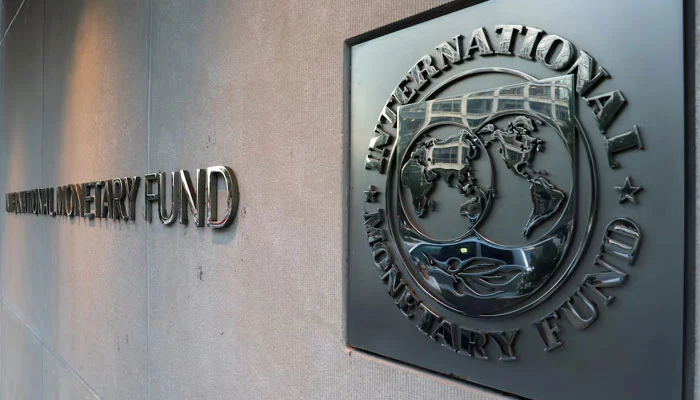As Pakistan prepares for the first review under the $7 billion Extended Fund Facility (EFF), it faces challenges with its macroeconomic framework agreed upon with the International Monetary Fund (IMF). Revised estimates in real GDP growth and Consumer Price Index (CPI) inflation for the July-September quarter have caused significant deviations, leading to revenue shortfalls for the Federal Board of Revenue (FBR) and requiring Pakistan to request revisions from the IMF.
Key Economic Shortfalls and Revenue Gaps
The altered economic assumptions have led to an FBR tax shortfall projected at approximately Rs321 billion for the first half of the fiscal year. Coupled with missed non-tax collection targets, this may leave a Rs500 to Rs600 billion fiscal gap for the first half. To address fiscal strain, the finance ministry may consider reducing the policy rate by 200 basis points in the next Monetary Policy Committee (MPC) meeting on November 4, which could drop the rate from 17.5% to 15.5%.
Slower Economic Growth and Revised Targets
In the first quarter, several key indicators underperformed. Real GDP growth, initially targeted at 3.5%, has been revised down to 3%, while CPI inflation fell from a target of 12.9% to 9.2% and further to 6.7% in September. Import growth also fell sharply from a projected 16.9% to 8%, and Large-Scale Manufacturing (LSM) growth dropped to 1.3% from the anticipated 3.5%.
The FBR collected Rs2,563 billion in the first quarter, falling short of the Rs2,654 billion target. Tax revenue is now projected to reach Rs12,913 billion for FY25, requiring an ambitious 27% increase in collections to meet this goal. Although income tax exceeded its target for the first quarter, Sales Tax on imports saw a Rs147 billion shortfall. An ordinance is under review to strengthen enforcement against tax dodgers, including introducing database slabs and increasing FBR’s authority.
IMF Perspective and Expected Measures
Dr. Khaqan Najeeb, a former Adviser to the Ministry of Finance, emphasized that the IMF’s focus on stabilizing deficits depends on increased investment and development spending. The IMF expects Pakistan’s tax-to-GDP ratio to rise by 1.8 percentage points by FY25, necessitating a stringent 39% increase in tax collection. This goal will require enhanced enforcement measures by the FBR, as current budgetary measures alone may not achieve the necessary rise in the tax-to-GDP ratio.
In the first quarter of FY25, the FBR’s revenue growth fell short of the IMF target by 5%, suggesting that achieving future targets will require even steeper growth in collections in the remaining quarters of the fiscal year.




